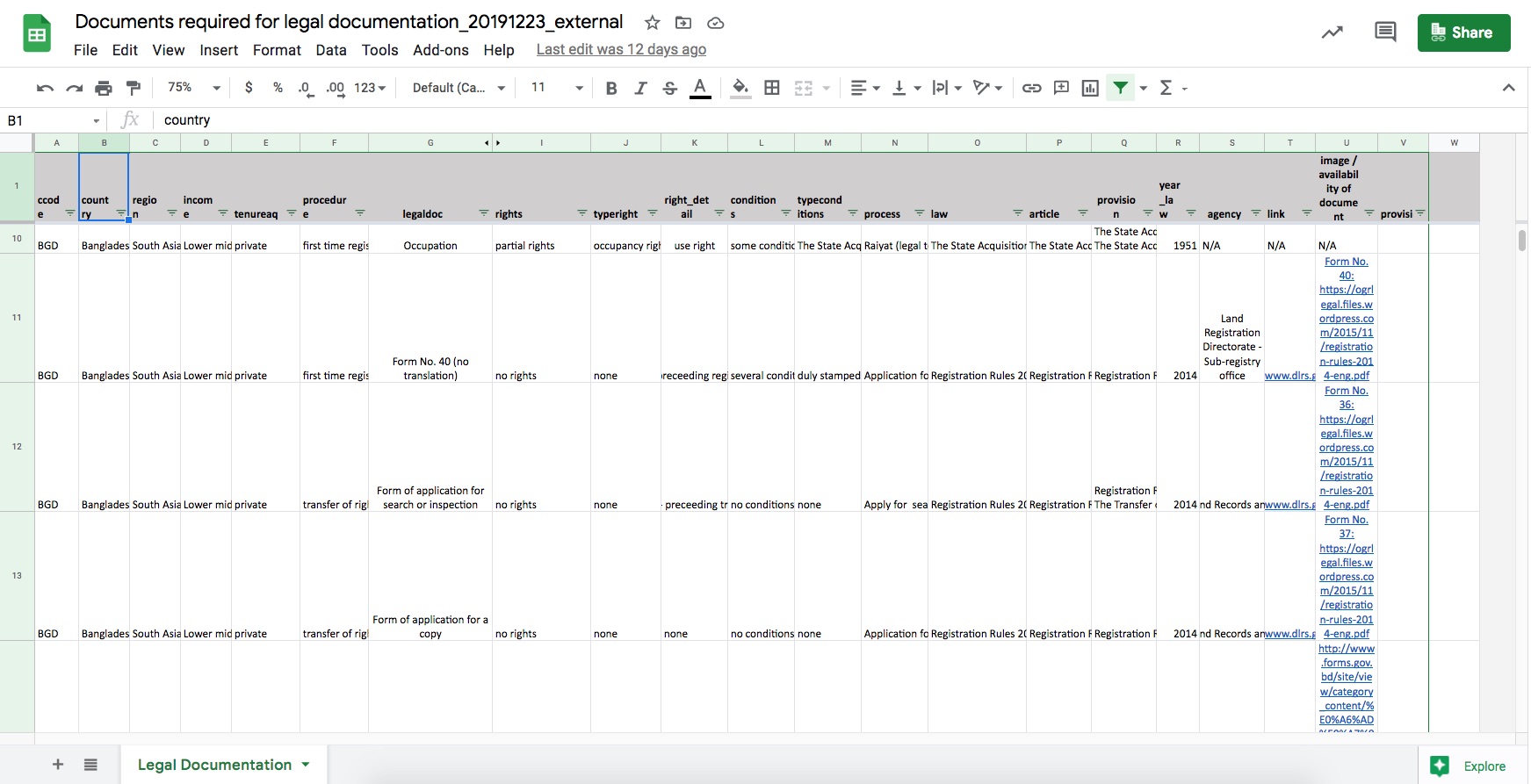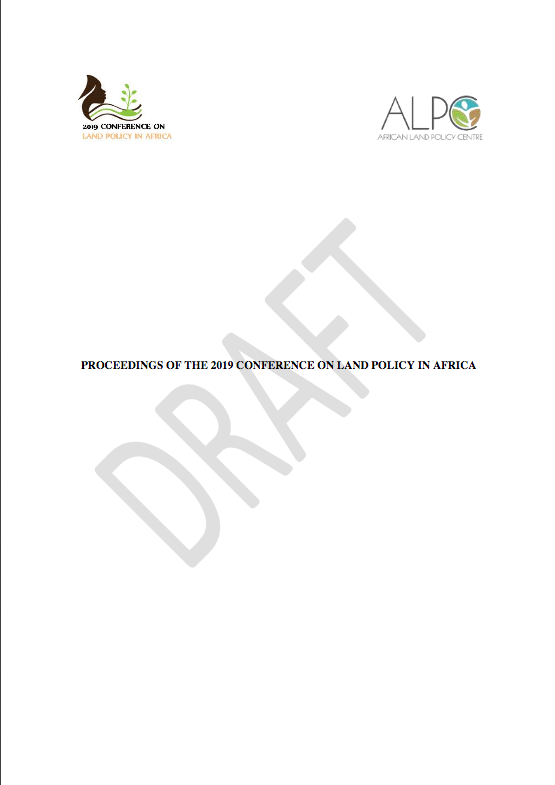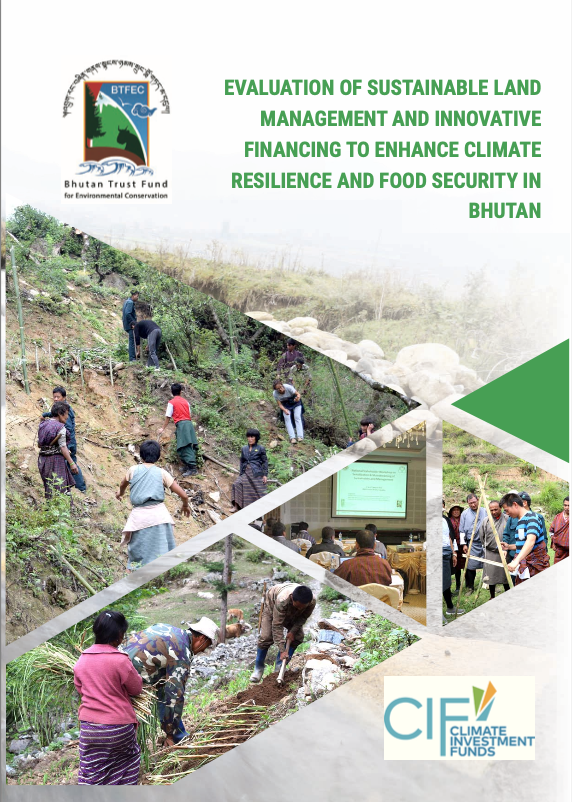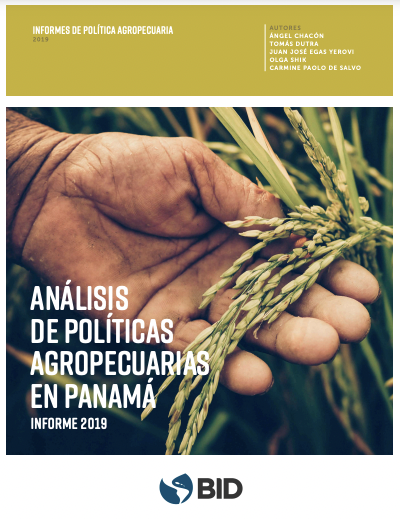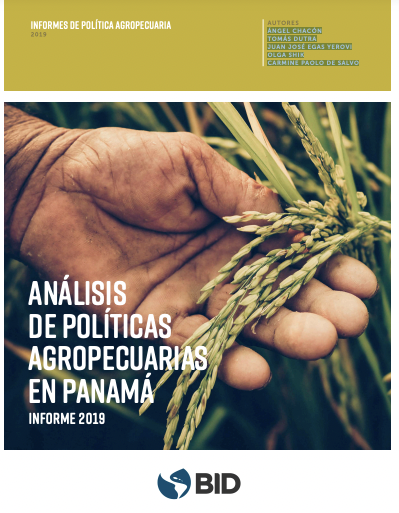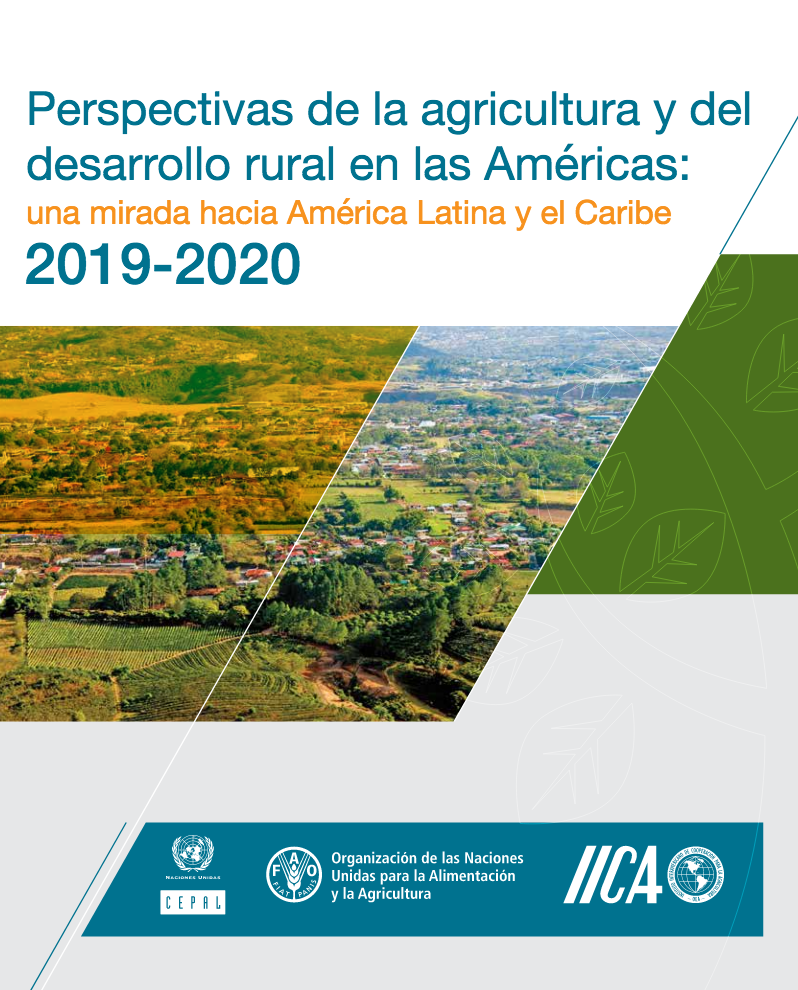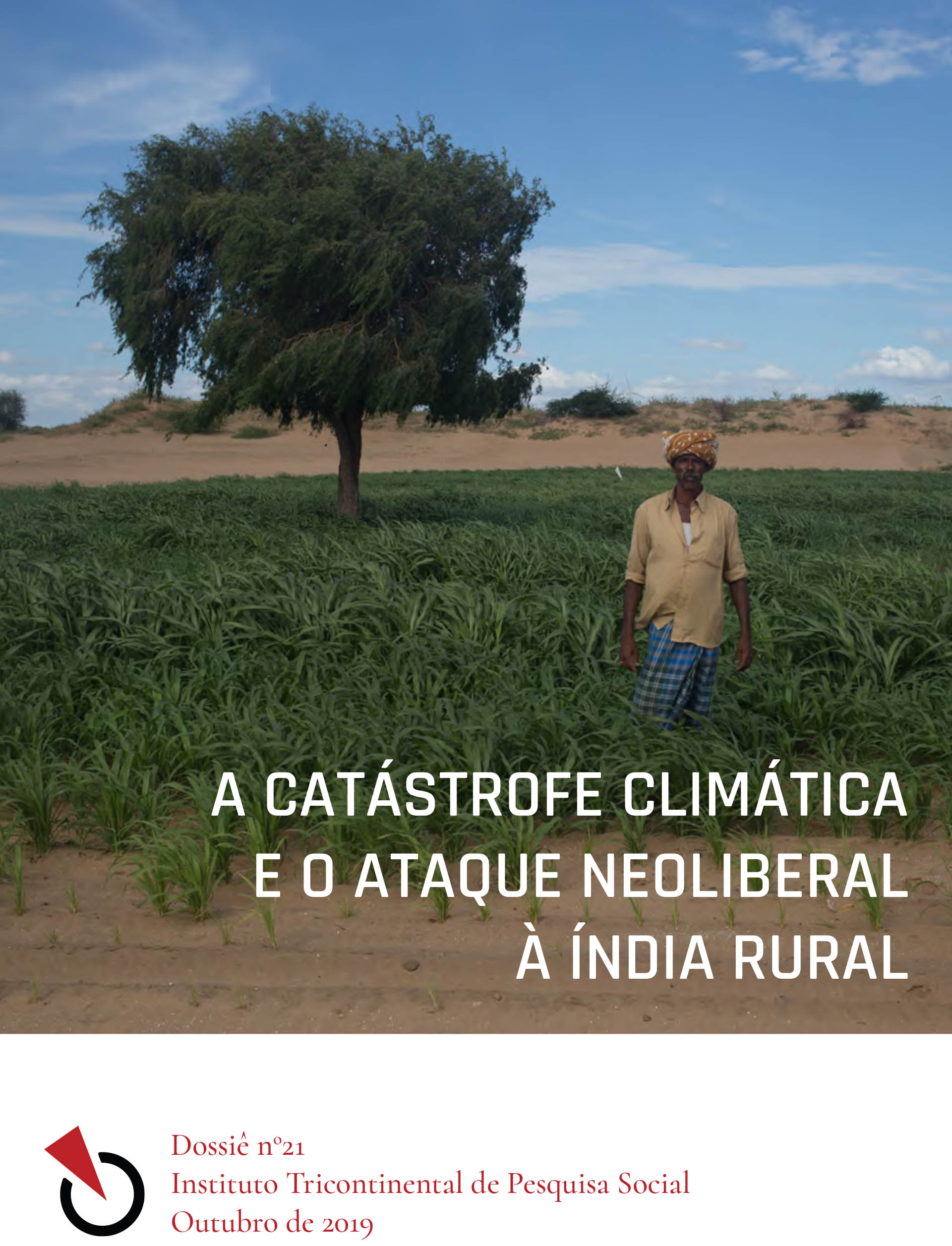Documents required for formal recognition of land tenure rights and transactions for 68 countries
This table provides a listing of official documents required for the legal recognition of land tenure rights and land transactions. The database covers 68 countries in the world, including most countries in Sub-Saharan Africa. This database was prepared for national statistical organizations, research institutes and others undertaking population surveys on land tenure. It will enable them to prepare questionnaires and facilitate the coding of land documents reported by respondents.

